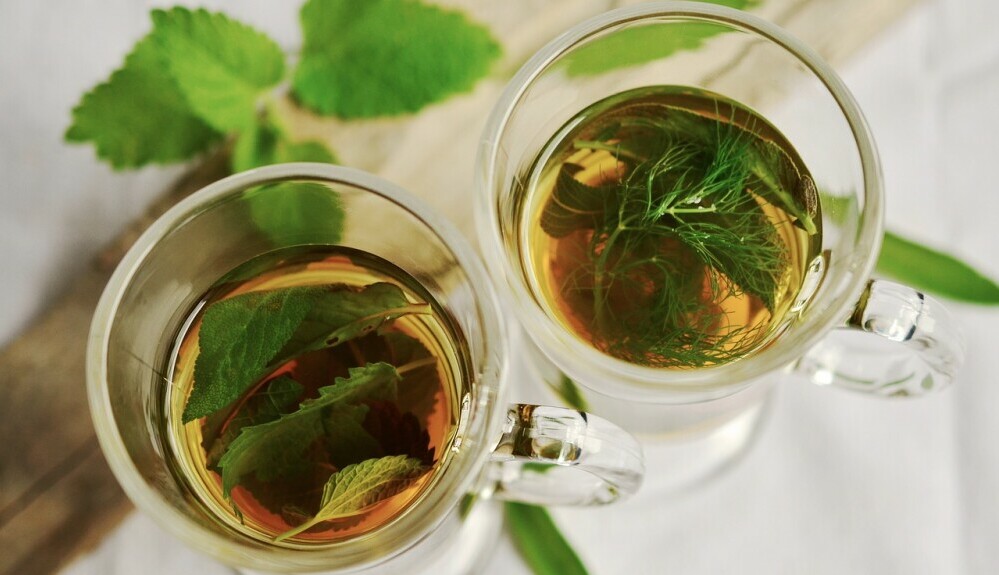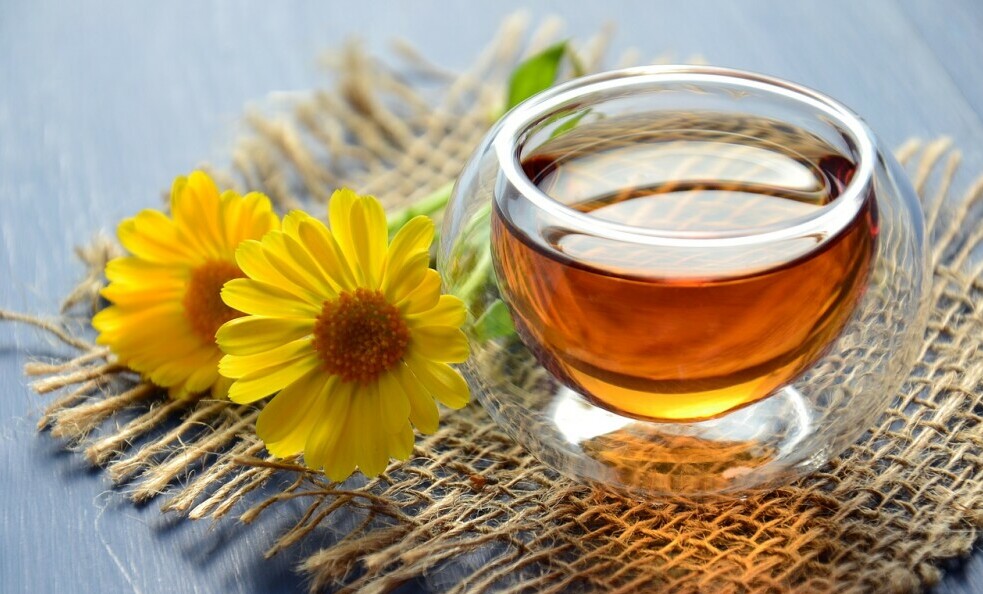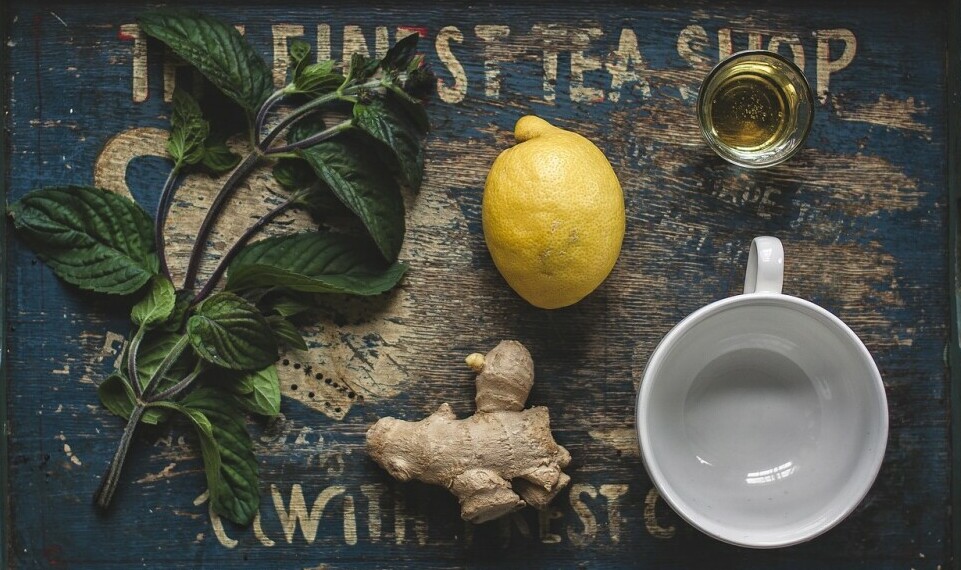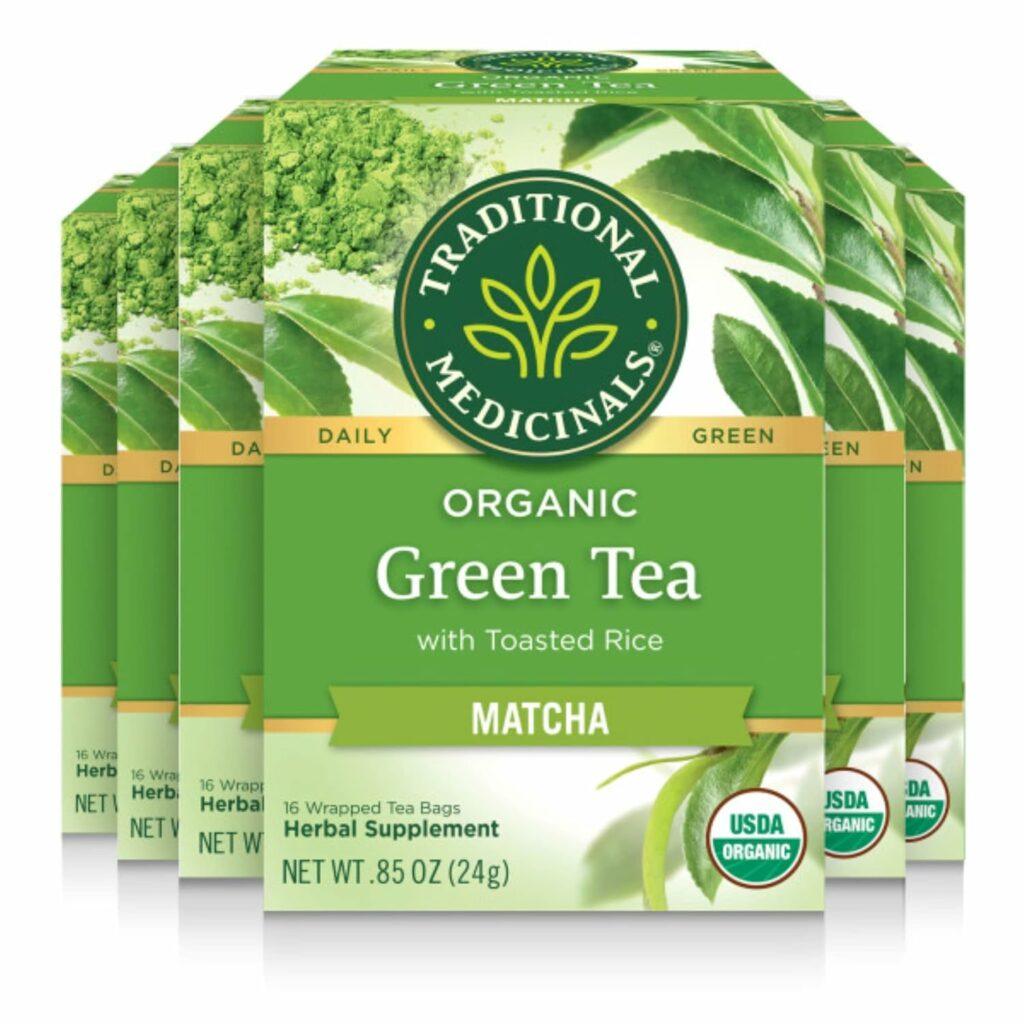Understanding Herbal Tea Therapy for Blood Pressure Management
Herbal teas are a great way to relax and they can help you reduce stress, which is a common cause of high blood pressure. Some of the best teas for high blood pressure include chamomile, lavender, rose and hibiscus. These teas are known for their ability to lower blood pressure and improve heart health. So what are the best herbal teas for high blood pressure?
Exploring the link between herbal teas and cardiovascular health
Herbal teas have long been associated with various health benefits, including potential positive effects on cardiovascular health. Research has shown that certain herbal teas, such as green tea and hibiscus tea, may have a positive impact on heart health.
Green tea, for example, is rich in antioxidants called catechins, which have been linked to lower cholesterol levels and improved blood vessel function. Hibiscus tea, on the other hand, has been found to lower blood pressure in individuals with hypertension. Additionally, herbal teas like rooibos and chamomile have been shown to have anti-inflammatory and antioxidant properties which may also contribute to cardiovascular health.
While more research is needed to fully understand the link between herbal teas and heart health, these initial findings suggest that incorporating herbal teas into a balanced diet may be beneficial for maintaining a healthy heart.
It’s important to note, however, that herbal teas should not be seen as a replacement for medical treatment or a healthy lifestyle but rather as a complementary addition to an overall heart-healthy regimen. As with any dietary change, it’s always best to consult with a healthcare professional before making significant adjustments to your diet.

How natural remedies like herbal teas work to manage high blood pressure
High blood pressure, also known as hypertension, is a common condition that can lead to serious health problems if left untreated. While prescription medications are often used to manage high blood pressure some people turn to natural remedies, such as herbal teas, as an alternative or complementary treatment. Herbal teas are believed to work in managing high blood pressure by several mechanisms.
For example, certain herbs like hibiscus, green tea and hawthorn have been shown to have a mild diuretic effect, which can help the body get rid of excess sodium and water thus lowering blood pressure. Additionally, some herbs contain compounds that can help relax blood vessels and improve blood flow which can also contribute to lower blood pressure. Furthermore, the antioxidants found in many herbal teas may help reduce inflammation and oxidative stress which are known to contribute to high blood pressure.
It’s important to note that while herbal teas can be a natural and potentially effective way to manage high blood pressure they should not be used as a replacement for prescribed medications without consulting a healthcare professional. Additionally, not all herbal teas are safe for everyone, and some may interact with certain medications or medical conditions, so it’s important to do thorough research and seek advice from a qualified healthcare provider before using herbal teas for hypertension management.
Potential interactions and safety considerations with herbal treatments
Herbal teas have been used for centuries as natural remedies for various health conditions, including high blood pressure. While some herbal teas have been found to have potential benefits for managing high blood pressure, it is important to be aware of potential interactions and safety considerations when using herbal treatments. Some herbal teas, such as hibiscus tea, have been studied for their potential to lower blood pressure due to their high levels of antioxidants and other compounds.
However, it is important to note that not all herbal teas are safe for everyone, and some may interact with medications or exacerbate existing health conditions. For example, licorice root tea has been found to raise blood pressure in some individuals, and should be avoided by those with high blood pressure. It is important to consult with your healthcare provider before using herbal teas as a treatment for high blood pressure, especially if you are taking medications or have other health concerns.
It is also important to use caution when purchasing herbal teas, as some products may contain undisclosed ingredients or contaminants that could be harmful. Overall, while herbal teas may offer potential benefits for managing high blood pressure, it is important to approach their use with caution and seek guidance from a healthcare professional.

Top Herbal Teas Known to Aid in Lowering Blood Pressure
The calming effect of Lavender Tea on circulation and stress levels
Lavender tea has been known for its calming properties and its ability to reduce stress levels. It is also believed to have a positive impact on circulation. The soothing aroma and taste of lavender tea can help relax the mind and body, which in turn can lead to improved circulation. Stress and anxiety can have a negative impact on circulation as they can cause the blood vessels to constrict and the heart rate to increase. By reducing stress levels lavender tea can help promote healthy circulation.
The antioxidants found in lavender tea can also contribute to improved circulation by reducing inflammation and promoting the dilation of blood vessels. This can lead to better blood flow and overall cardiovascular health. Therefore, incorporating lavender tea into your daily routine can be a beneficial way to promote relaxation and support healthy circulation.
Hibiscus Tea and its role in decreasing systolic and diastolic blood pressure
Hibiscus tea has been gaining attention in recent years for its potential health benefits, particularly in relation to blood pressure. Studies have shown that consuming hibiscus tea on a regular basis may help to decrease both systolic and diastolic blood pressure. Systolic blood pressure refers to the pressure in the arteries when the heart beats, while diastolic blood pressure is the pressure when the heart is at rest between beats.
High blood pressure, or hypertension, is a common and serious condition that can increase the risk of heart disease and stroke. The potential of hibiscus tea to lower blood pressure is thought to be due to its high levels of antioxidants, specifically anthocyanins and quercetin, which have been shown to have vasodilatory effects, meaning they can help to relax and widen blood vessels, thus reducing blood pressure.
Hibiscus tea has also been found to have diuretic properties, meaning it can help the body to eliminate excess sodium, which can also contribute to lowering blood pressure. While more research is needed to fully understand the mechanisms by which hibiscus tea affects blood pressure, the evidence thus far suggests that it may be a valuable addition to a healthy lifestyle for those looking to manage their blood pressure.
However, it’s important to note that hibiscus tea should not be used as a replacement for prescribed medications for hypertension and individuals should consult with their healthcare provider before making any significant changes to their diet or treatment plan.

Green Tea compounds and their impact on the cardiovascular system
Green tea has been a popular beverage for centuries and its health benefits have been widely studied. One of the most significant impacts of green tea is its effect on the cardiovascular system. Green tea contains a group of compounds called catechins which have been found to have a positive impact on heart health. These compounds have been shown to reduce the risk of developing heart disease by lowering levels of LDL cholesterol, also known as “bad” cholesterol, and increasing levels of HDL cholesterol, or “good” cholesterol.
Green tea catechins have also been found to improve endothelial function which is essential for maintaining healthy blood vessels and preventing atherosclerosis. The anti-inflammatory and antioxidant properties of green tea compounds also play a role in protecting the cardiovascular system by reducing inflammation and oxidative stress which are key factors in the development of heart disease.
Studies have also suggested that regular consumption of green tea may help lower blood pressure, further reducing the risk of developing cardiovascular problems. Overall, the compounds found in green tea appear to have a significant impact on the cardiovascular system making it a valuable addition to a heart-healthy diet.
The potential of Oolong Tea in promoting heart health
Oolong tea, a traditional Chinese tea, has been gaining attention for its potential in promoting heart health.
Oolong tea is made from the leaves of the Camellia sinensis plant, which is the same plant used to make black and green tea. However, oolong tea is partially oxidized, giving it a unique flavor and a range of health benefits. Studies have shown that regular consumption of oolong tea may help reduce the risk of heart disease.
This is due to the presence of antioxidants such as flavonoids and catechins which have been found to lower cholesterol levels and improve heart health. Additionally, oolong tea is also believed to help regulate blood pressure and improve blood vessel function further reducing the risk of cardiovascular issues. The combination of these factors makes oolong tea a potential ally in maintaining a healthy heart.
However, it is important to note that while oolong tea may offer some heart health benefits, it should not be seen as a cure-all for heart-related issues. It is always recommended to maintain a balanced diet and regular exercise routine for overall heart health.
Integrating Herbal Tea into Your Blood Pressure Control Routine
Best practices for incorporating herbal tea into a hypertension management plan
While there are various medications and lifestyle changes that can help manage hypertension incorporating herbal tea into a hypertension management plan can also be beneficial.
When considering herbal tea as part of a hypertension management plan, it is important to choose teas that have been shown to have potential benefits for blood pressure regulation. Some of the best herbal teas for hypertension management include hibiscus tea, green tea and hawthorn tea. These teas have been studied for their potential to lower blood pressure, improve blood vessel function and reduce inflammation, all of which can contribute to better blood pressure control.
When incorporating herbal tea into a hypertension management plan, it is important to consult with a healthcare professional as some herbs may interact with medications or have contraindications for certain individuals.
It is important to use high-quality, organic herbal teas to ensure that you are getting the maximum potential benefits. Drinking herbal tea as part of a hypertension management plan can be a relaxing and enjoyable way to support overall health and well-being.

Creating a sustainable and enjoyable herbal tea habit
Creating a sustainable and enjoyable herbal tea habit is a great way to incorporate healthy and delicious beverages into your daily routine. Herbal teas offer a wide range of health benefits, from aiding digestion to promoting relaxation and reducing stress.
To create a sustainable herbal tea habit, it’s important to start by choosing high-quality, organic teas that are free from pesticides and other harmful chemicals. Look for teas that are ethically sourced and packaged in environmentally friendly materials. Additionally, consider growing your own herbs to use in your teas, which not only reduces waste from packaging but also allows you to have a fresh and sustainable supply of ingredients.
When preparing your herbal teas, use filtered water and avoid using disposable tea bags, opting instead for reusable infusers or strainers. This not only reduces waste but also ensures a better quality brew. To make your herbal tea habit more enjoyable, experiment with different flavors and blends and consider incorporating tea rituals into your daily routine.
Whether it’s taking a moment to savor the aroma and taste of your tea, or enjoying a quiet moment of reflection while you drink, creating a mindful and enjoyable experience can enhance the overall benefits of your herbal tea habit.
By implementing these sustainable practices and making your tea-drinking experience more enjoyable, you can create a long-lasting and healthful herbal tea habit that supports both your well-being and the environment.
Monitoring and measuring the effects of herbal teas on blood pressure
Monitoring and measuring the effects of herbal teas on blood pressure is an important aspect of understanding the potential health benefits of these natural remedies. Herbal teas have been used for centuries in various cultures for their purported medicinal properties, including their ability to lower blood pressure.
However, scientific evidence supporting these claims is still limited and more research is needed to fully understand the impact of herbal teas on blood pressure. In order to monitor and measure these effects, researchers typically conduct controlled studies in which participants consume specific types of herbal teas over a period of time, while their blood pressure is regularly measured and recorded. This allows for the collection of data that can be analyzed to determine any significant changes in blood pressure levels.
Researchers may also investigate the specific compounds and mechanisms of action within herbal teas that could potentially contribute to their effects on blood pressure. By systematically monitoring and measuring these effects, scientists can gain valuable insights into the potential therapeutic properties of herbal teas and their impact on cardiovascular health. This information can then be used to inform clinical practice and guide individuals in making informed decisions about incorporating herbal teas into their daily routines for managing blood pressure.
I hope you have enjoyed this content on the best herbal teas for high blood pressure. If you have questions or comments I invite you to do so in the ‘Leave a Reply’ section below.

Grant Rayner
